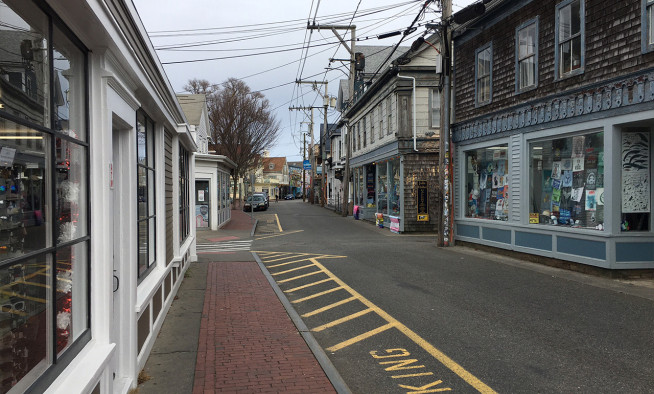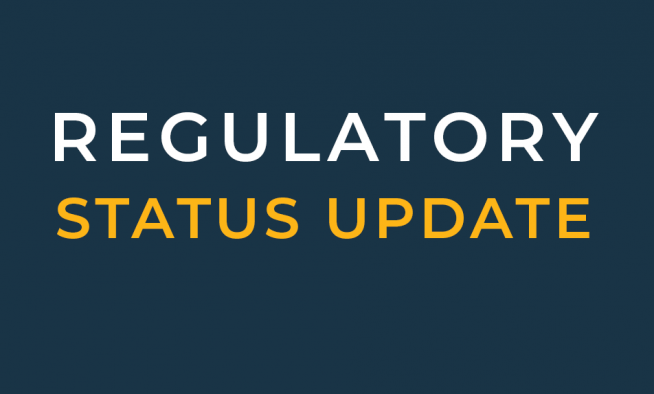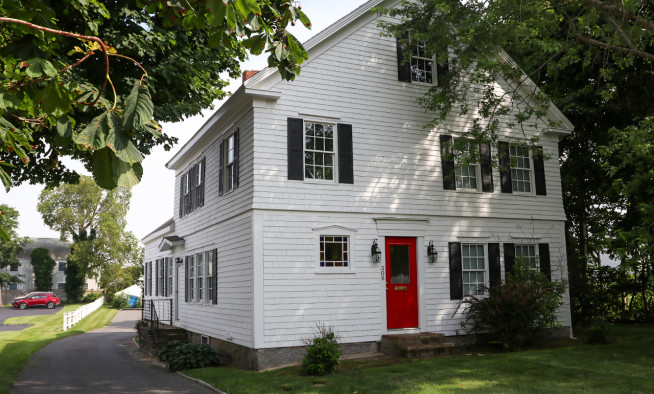Cape Rail Study process begins
Study to analyze the feasibility of connecting daily passenger rail service to Cape Cod
Often using their own cars and driving alone, hundreds of Cape Codders regularly commute off-Cape for work, contributing to greenhouse gas emissions that are widely recognized as the leading contributor to climate change. One way to reduce greenhouse gas emissions is to utilize public transit.
Current commuter rail service extends to Kingston, Plymouth, and Middleborough/Lakeville. The Cape Flyer provides seasonal weekend rail service between Boston and Hyannis. Commuter buses run on a daily basis, yet the majority of trips in the region are by private passenger vehicle.
A new study that will examine options to extend passenger rail service to Cape Cod with connections to the communities of Middleborough and Wareham is now underway. The Cape Rail Study, led by the Massachusetts Department of Transportation (MassDOT) and assisted by a consultant team, will also provide the region with critical data and information.
The first advisory group meeting for the Cape Rail Study was hosted by the Metropolitan Planning Organization (MPO) on November 19, 2020. The advisory group will be the driving force in the development of the study. It comprises a wide range of community representatives, including regional elected officials, municipal staff, and leaders from the transportation, business, tourism, and education sectors.
“Bourne leadership is ready to maximize opportunities for social and economic development," said Bourne Selectboard Chair Judith Froman, who serves on the advisory group. “Research and analysis involving experts from the field will help identify how to optimize opportunities without compromising the distinctive nature of our town, and its access to and from jobs, education, homes, vacations, and so on.”
MassDOT is leading the study, working with consultant VHB. The MPO is assisting with the public process, and the Cape Cod Commission is coordinating the development of the advisory group and hosting its meetings on behalf of the MPO.
The goal of the first meeting was to discuss the context for the study, describe existing conditions, and develop the purpose, need, and potential alternatives for the analysis. Goals and objectives suggested by advisory group members include enhanced commuter access, greenhouse gas emissions reduction, and economic development.
Cape Cod Commission Executive Director Kristy Senatori noted the project’s alignment with the Commission’s regional plans, including the Comprehensive Economic Development Strategy. “This study supports the need for a strong year-round economy and a multi-modal transportation system, helps in developing community activity centers, and also provides an opportunity for greenhouse gas emissions reduction.”
Input from the first Advisory Group meeting will be important in establishing the framework for the study. Following the meeting, MassDOT and the consultant team will estimate potential ridership as well as capital and operating costs associated with alternatives developed through the process. Outcomes will be reviewed and discussed at a second Advisory Group meeting.
Two alternatives will be developed, based on feedback from the advisory group. The study will be used to lay the groundwork for future work in the region. A final report is expected in summer 2021.
“It’s more important now than ever to highlight our community’s potential to investors who can bring living wage jobs,” said Senator Susan Moran (D-Plymouth & Barnstable). “Launching passenger service to Bourne is exactly the type of project that will be the rising tide lifting us out of COVID with moderate investment from limited state and local resources, providing a direct benefit to our tourist economy, a boost to the profile of Mass Maritime, and a pivot away from greenhous gas emissions of car traffic.”




